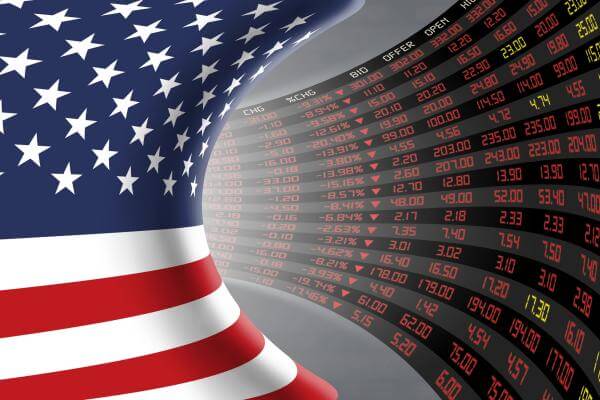US credit downgrade by Moody’s has Wall Street on edge over national debt

Moody’s downgraded the United States’ credit rating on Friday, and Wall Street is now bracing for the fallout. The downgrade dragged America down one notch from its top-tier rating. It was the final confirmation that the federal government’s $36 trillion debt is now impossible to ignore.
The downgrade came as Republican lawmakers pushed forward a massive tax-and-spending bill in Congress, sending mixed signals to investors already nervous about where all this is heading.
The bill, dubbed the “Big Beautiful Bill,” has not cleared key legislative steps, and investors are watching closely. President Donald Trump, now back in the White House, has called for unity around the proposal.
But that hasn’t done much to calm the nerves of traders, especially as the bill could add trillions more to the national debt. The Republican-controlled House and Senate are still fighting over its final version, and it’s not clear how they plan to balance more tax cuts with any real cuts to spending.
Investors question Congress’ fiscal discipline
Carol Schleif, chief market strategist at BMO Private Wealth, warned that the downgrade might push investors to become more cautious. She said the bond market is watching “what transpires in Washington this year in particular.”
Schleif added that as Congress continues to negotiate, bondholders are ready to pressure lawmakers into sticking to stricter fiscal behavior. Moody’s became the last of the major ratings agencies to pull the plug. Fitch downgraded the US in 2023, and S&P made their move all the way back in 2011.
Gennadiy Goldberg, head of US rates strategy at TD Securities, said the downgrade likely won’t force mass selling since most investment funds adjusted their rules years ago. But Goldberg also said the downgrade would “refocus the market’s attention” on the tax-and-spending bill being debated in Congress.

Meanwhile, the Committee for a Responsible Federal Budget estimated that the bill could add around $3.3 trillion to the national debt by 2034. If temporary policies in the bill are extended, that number jumps to $5.2 trillion.
Moody’s also pointed out that multiple administrations have failed to reduce deficits and that it doesn’t expect current proposals to do much to change that.
Debt limit panic creeps into bond yields
Treasury Secretary Scott Bessent said the White House is trying to keep 10-year yields from spiking. The current yield is 4.44%, which is still lower than it was before Trump returned to office. But that number could change quickly.
Scott has also warned Congress that they need to raise the debt ceiling by mid-July. The US hit its borrowing limit back in January, and the Treasury has been using what it calls “extraordinary measures” to keep the government from defaulting. Without an increase, the country could run out of cash by August — the so-called X-date.
That fear is already showing up in bond prices. Yields on Treasury bills due in August are higher than those due before or after, signaling that investors are worried about a potential government cash crunch. Speaker Mike Johnson has said the House hopes to vote on the bill before Memorial Day on May 26.
White House rejects Moody’s downgrade as political
Harrison Fields, principal deputy press secretary at the White House, dismissed the downgrade and said the critics are “wrong, just as they were about the impact of Trump’s tariffs.” Fields claimed that the tariffs led to record investments, strong job growth, and no inflation.
Steven Cheung, communications director for the administration, went even further, calling Moody’s economist Mark Zandi a political enemy of Trump. Zandi works for Moody’s Analytics, a separate part of the company, and declined to comment.
Some analysts believe the final bill may not be as damaging as it seems. Barclays now projects that the deficit will grow by $2 trillion over the next ten years under the plan — a smaller number than the $3.8 trillion increase expected before Trump came back. They’re pointing to revenue from tariffs and other offsets as the reason.
But not everyone agrees. Michael Zezas, a strategist at Morgan Stanley, wrote in a recent note that the bill would increase the deficit in the near term without giving the economy much of a boost.
* The content presented above, whether from a third party or not, is considered as general advice only. This article should not be construed as containing investment advice, investment recommendations, an offer of or solicitation for any transactions in financial instruments.



